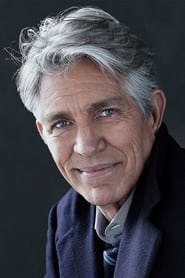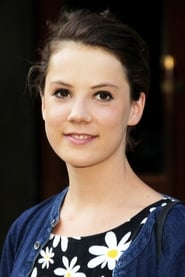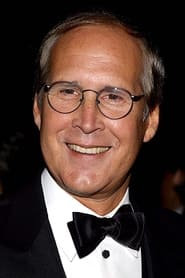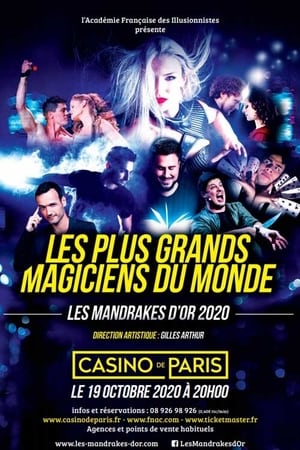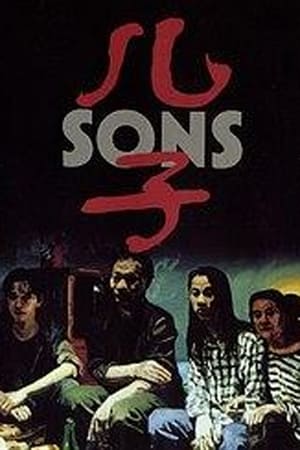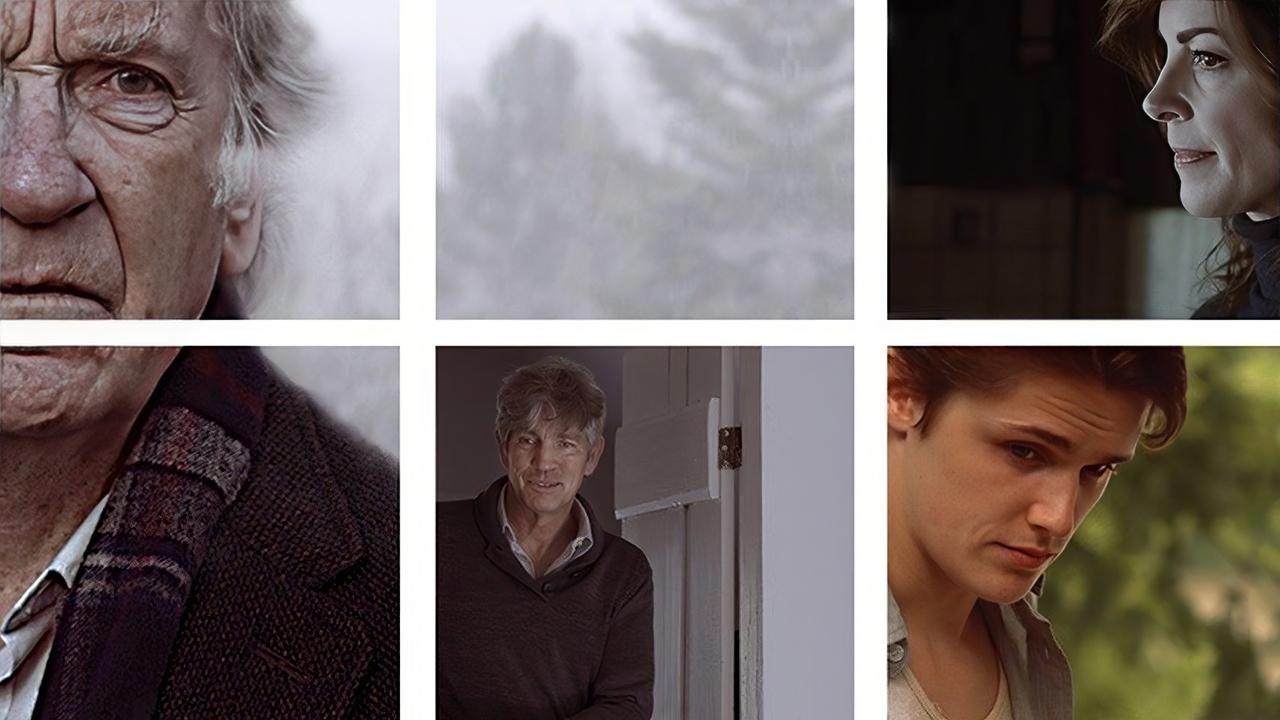
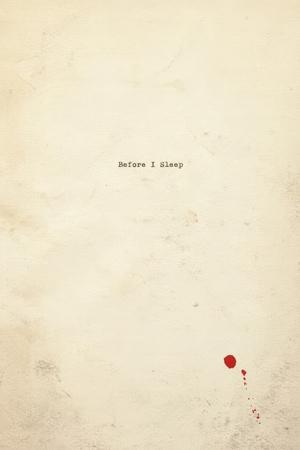
Before I Sleep(2013)
Eugene Devlin, a once famous, now reclusive poet, searches through his past, looking for redemption and peace.

Movie: Before I Sleep
Video Trailer Before I Sleep
Recommendations Movies
 8.1
8.1Agatha Christie: A Life in Pictures(en)
A biopic of Agatha Christie including her 10 day disappearance.
 6.0
6.0Praktikum - Der Film(de)
The female protagonist finally makes it to get a job as an intern. But after a while working at this weird company, she finds out the criminal site of it and learns to be a criminal herself.
 6.5
6.5Bach - A Christmas Miracle(de)
Leipzig, December 1734: Christmas brings the Bach family together. The first snow has fallen and the children Gottfried and Elisabeth are delighted about the arrival of their older brothers Friedemann and Emanuel. The Thomaskantor has retired to his music room. Anna Magdalena supports her husband, as there are only a few days left and his latest work, the six-part "Christmas Oratorio", must be finished on time. It is awaited with suspicion by the city council and the gentlemen of the consistory, who have long found Bach's waywardness a thorn in their side and fear that, after the premiere of the St. Matthew Passion a few years earlier, the St. Thomas Church will once again be filled with "operatic" music. With the oratorio, Johann Sebastian Bach hopes that he will finally become court composer in Dresden. And, as always, he demands that all members of the family join forces to help him. But differences of opinion are increasingly delaying the completion of Bach's most famous work.
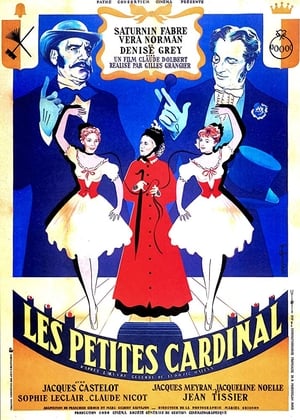 4.5
4.5Les Petites Cardinal(fr)
Napoleon III, the Commune, the third Republic in the background. In the foreground, two pretty, talented sisters, Virginie and Pauline Cardinal. They are ballerinas at the Opera de Paris and very much courted by wealthy, elegant men. They will manage to climb in the society of their time, despite parents set on respectability but also attracted by money.
The Man Without a Face(en)
Without a job and no money to spend, Blanche Mery (Gina Manès) has to accept a job offered by Gunter (Édouard Mathé), a strange millionaire wearing the black mask.
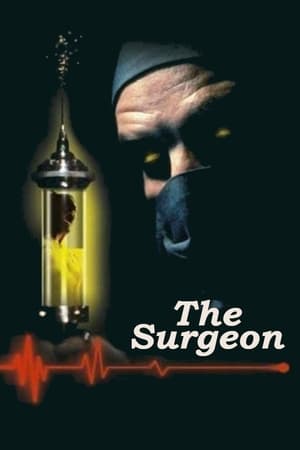 5.4
5.4The Surgeon(en)
Dr. Julian Mater is suspended and gets his license revoked for performing experiments on dying patients in cellular regeneration. A couple of years later, he returns to the hospital that condemned his work to begin practicing his grizzly experiments once more.
 7.0
7.0Harder Than the Rock: The Cimarons Story(en)
Reggae exploded in the 1970s and Cimarons, the UK's first reggae band, formed in 1967, were at its heart. Thousands of miles from Jamaica, they brought excitement, experimentation and sheer anticipation to a new generation of Black British youth, putting them in touch with their roots. Harder Than The Rock celebrates Cimaron's storied history and explores the band's overlooked impact and influence as they persevere against all odds and dream of playing to live audiences again, one last time...
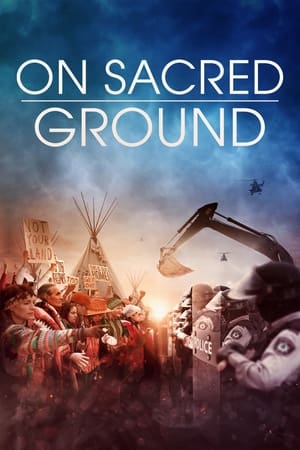 5.3
5.3On Sacred Ground(en)
Based on the true events during the 2016 construction of the Dakota Access Pipeline that runs through the Standing Rock Indian Reservation in North Dakota on land that is owned by the Lakota “Sioux” Tribe. The film follows Daniel, a journalist and Afghanistan War military veteran, and Elliot, an oil company executive, who find themselves on opposite sides of the fight during the construction of the contentious pipeline.
 5.5
5.5Uncle Moustache(fa)
A lonely old man takes to terrorizing the kids who build a football pitch next to his house.
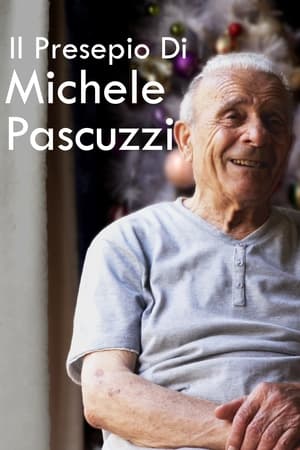 10.0
10.0The Nativity Scene of Michele Pascuzzi(it)
A short documentary about the intricate nativity scenes of Michele Pascuzzi.
 6.4
6.4The Golden Fern(cs)
Wandering through the forest, a woodcutter finds a golden fern whose seed turns into a beautiful woman - they fall in love. After getting drunk in a village feast, he gets to sign up to the army. The fairy gives him a shirt to wear and asks him to swear he will never abandon it. At the war front, he falls in love with the the colonel's daughter and will have to perform various feats to get her attention.
R.I.P.(en)
Night has fallen. A thunderstorm approaches. In a lonely house a young woman mourns her deceased husband. In the cemetery across the street the shape of a man rises from a grave...
 2.7
2.7Homeless for the Holidays(en)
A smug executive enjoys the perfect life - until he loses his job, and finds himself working at a burger joint. Now he's falling behind on his bills, and if something doesn't change soon, his family could lose everything by Christmas.
Tatamp(ja)
Mirai Mizue continues his experimentation with music and movement in his latest "cell animation," Tatamp. Not to be confused with the animation technique of "cel animation," Mizue’s unique style of "cell animation" is hand-drawn and colored on paper then scanned onto the computer for editing. The name refers to the fact that the creatures that he draws resemble amoeba and other minute organic creatures one might find under the lens of a microscope.
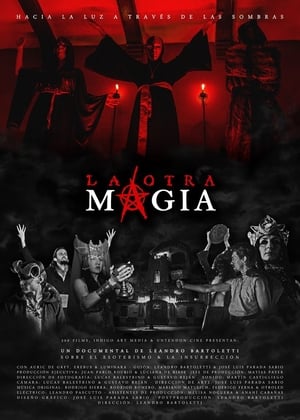 8.7
8.7The Other Magick(es)
Documentary about a house of witchcraft in Buenos Aires
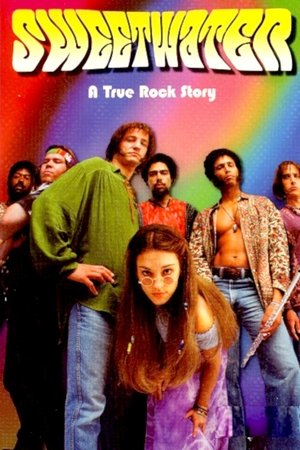 5.0
5.0Sweetwater(en)
In 1969, the band Sweetwater led by lead vocalist Nansi Nevins opened Woodstock and subsequently got considerable media attention, appearing on a number of TV shows. But just as they appeared to be getting a really break big, they just disappeared. Thirty years later, a cable TV reporter for MIX TV, a musical station, is removed from her show because of being stoned on air. Her station gives her a choice of being dismissed or investigating what happened to Sweetwater. A blending of modern day fiction and past fact is then blended in this biographical story.
Similar Movies
 5.0
5.0Le Divorce(en)
While visiting her sister in Paris, a young woman finds romance and learns her brother-in-law is a philanderer.
 6.8
6.8The Tiger and the Snow(it)
Love and injury in time of war. Attilio de Giovanni teaches poetry in Italy. He has a romantic soul, and women love him. But he is in love with Vittoria, and the love is unrequited. Every night he dreams of marrying her, in his boxer shorts and t-shirt, as Tom Waits sings. Vittoria travels to Iraq with her friend, Fuad, a poet; they are there with the second Gulf War breaks out. Vittoria is injured. Attilio must get to her side, and then, as war rages around him, he must find her the medical care she needs. In war, does love conquer all?
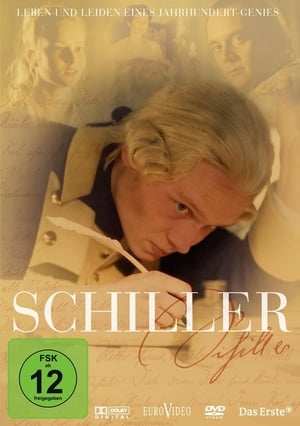 4.7
4.7The Young Schiller(de)
The young Friedrich Schiller begins his life as a poet with a dramatic escape. After the sensational success of his first drama "The Robbers", he deserts from the Duke's army. At the Mannheim Court and National Theatre, he initially receives a friendly reception, but his new play "Fiesko" is not well received by the artistic director Dalberg. In the successful actor and author August Wilhelm Iffland, Schiller finds a strong competitor for the position of in-house playwright and vies with him for the love of the same woman. The young poet's situation becomes increasingly precarious; he has no money, suffers from hunger and falls seriously ill. Nevertheless, he works feverishly for recognition and success with no regard for his own health.
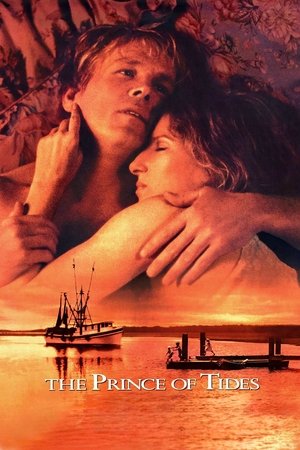 6.6
6.6The Prince of Tides(en)
A troubled Southern man talks to his suicidal sister's psychiatrist about their family history and falls in love with her (and New York City) in the process.
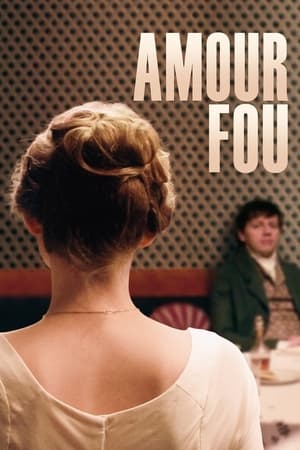 6.4
6.4Amour Fou(de)
Heinrich wishes to conquer death through love, and when he meets Henriette, the wife of a business acquaintance, she expresses interest in a suicide pact when she learns she has a terminal illness.
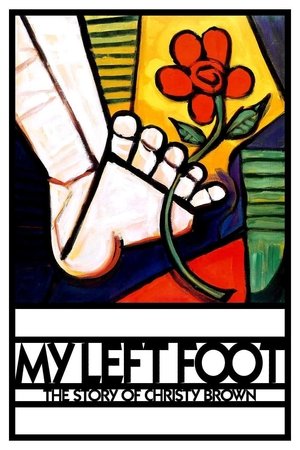 7.5
7.5My Left Foot: The Story of Christy Brown(en)
No one expects much from Christy Brown, a boy with cerebral palsy born into a working-class Irish family. Though Christy is a spastic quadriplegic and essentially paralyzed, a miraculous event occurs when, at the age of 5, he demonstrates control of his left foot by using chalk to scrawl a word on the floor. With the help of his steely mother — and no shortage of grit and determination — Christy overcomes his infirmity to become a painter, poet and author.
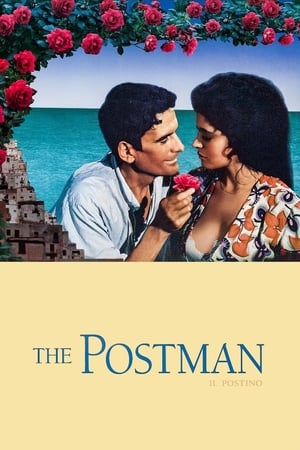 7.9
7.9The Postman(it)
Simple Italian postman learns to love poetry while delivering mail to a famous poet; he uses this to woo local beauty Beatrice.
 6.8
6.8Barfly(en)
Downtrodden writer Henry and distressed goddess Wanda aren't exactly husband and wife: they're wedded to their bar stools. But, they like each other's company—and Barfly captures their giddy, gin-soaked attempts to make a go of life on the skids.
 6.4
6.4Narcissus and Psyche(hu)
Narcisus and Psyche is based on a novel by Sandor Weores which was adapted by Vilmos Csaplar and director Gabor Body for a feature-length film. Borrowing the character of Psyche from mythology and placing her in Europe in the 19th century, the authors give her a "modern" life. She is an attractive young woman - and remains so throughout the film, in spite of one hardship after another. Psyche is libidinous, and her prurient interests shock her staid contemporaries.
 7.5
7.5Moulin Rouge!(en)
A celebration of love and creative inspiration takes place in the infamous, gaudy and glamorous Parisian nightclub, at the cusp of the 20th century. A young poet, who is plunged into the heady world of Moulin Rouge, begins a passionate affair with the club's most notorious and beautiful star.
 6.3
6.3Love in Thoughts(de)
A posthumous look at the last days of Guenther's life as he, his best friend, and his sister let loose on a four-day binge of alcohol, drugs, and sex.
 6.7
6.7Maya Dardel(en)
An internationally respected poet announces she is going to kill herself and needs an heir and executor. Young writers drive up the mountain to compete for the position and are challenged intellectually, emotionally, and erotically.
 7.5
7.5Forever a Woman(ja)
Fumiko, mother of two children and wife of an unfaithful man, shares her family life with her budding vocation as a poet. The beginning of her successful literary career coincides with her divorce and her breast cancer diagnosis. In the last stage of her life, she meets a young journalist from Tokyo who wants to write a story on her life.
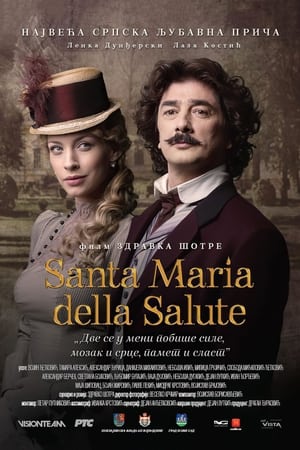 10.0
10.0Santa Maria della Salute(sr)
The film narrates a tormented love story between one of the most famous poets of Serbian literature, Laza Kostic, renowned for his sublime poetic puns and word coining and an enchanting young girl by the name of Lenka Dundjerski, an educated and refined daughter of a landowner Lazar Dundjerski. Standing in the way of their love is the insurmountable age gap between the two, as Kostic is 29 years older than his beloved one. The affair inspired one of the most sophisticated and tender love poems of the time, an utmost expression of yearning, in which the poet's unflinching devotion is linked to his admiration for a Venice basilisk by the name of Santa Maria della Salute.
 0.0
0.0More Beautiful Than Death(en)
And death and life she hated equally, And nothing saw, for her despair, But dreadful time, dreadful eternity, No comfort anywhere
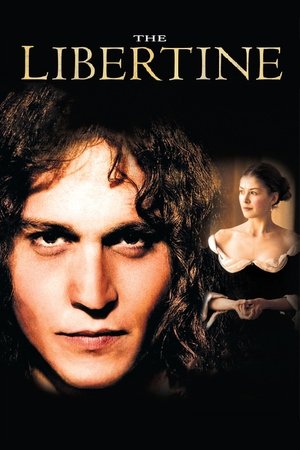 5.9
5.9The Libertine(en)
The story of John Wilmot, a.k.a. the Earl of Rochester, a 17th century poet who famously drank and debauched his way to an early grave, only to earn posthumous critical acclaim for his life's work.
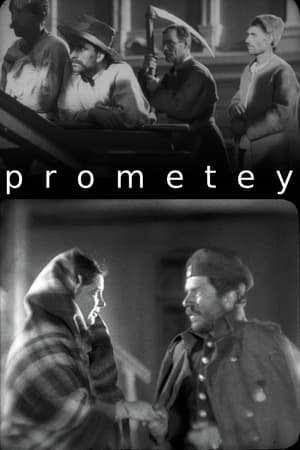 4.7
4.7Prometey(uk)
The life was cruel with Ivas. The landlord sent him at war, and his girlfriend – in the house of ill fame. In the troops an ordinary peasant gets acquainted with an ideological revolutionary and becomes inspired with the feeling of inequity to the existing social structure. And when the time comes to return to the native village, he will make the sir pays by his blood for all wrong-doings against the peasants. A film based on works and biography of the Ukrainian poet Taras Shevchenko (1814 - 1861).
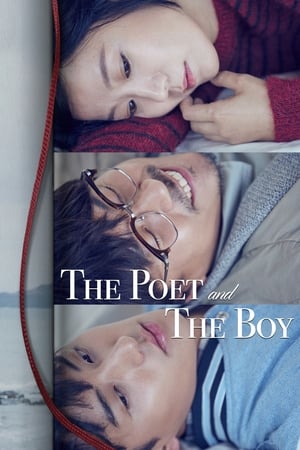 5.6
5.6The Poet and the Boy(ko)
Trapped in routine, a Jeju poet finds himself drawn to a boy—and to emotions he’s never dared name.
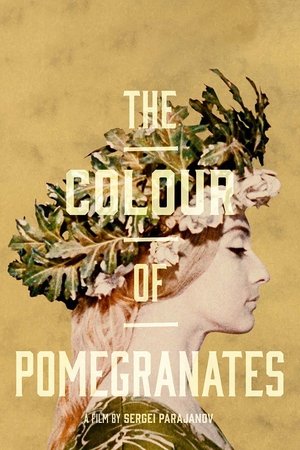 7.4
7.4The Color of Pomegranates(hy)
The life of the revered 18th-century Armenian poet and musician Sayat-Nova. Portraying events in the life of the artist from childhood up to his death, the movie addresses in particular his relationships with women, including his muse. The production tells Sayat-Nova's dramatic story by using both his poems and largely still camerawork, creating a work hailed as revolutionary by Mikhail Vartanov.
 6.7
6.7The Degenerates(it)
A series of bawdy and satirical episodes written during the reign of the emperor Nero and set in imperial Rome. Like the more famous version made by Federico Fellini, an adaptation of Petronius' Satyricon.
